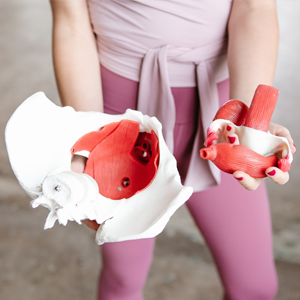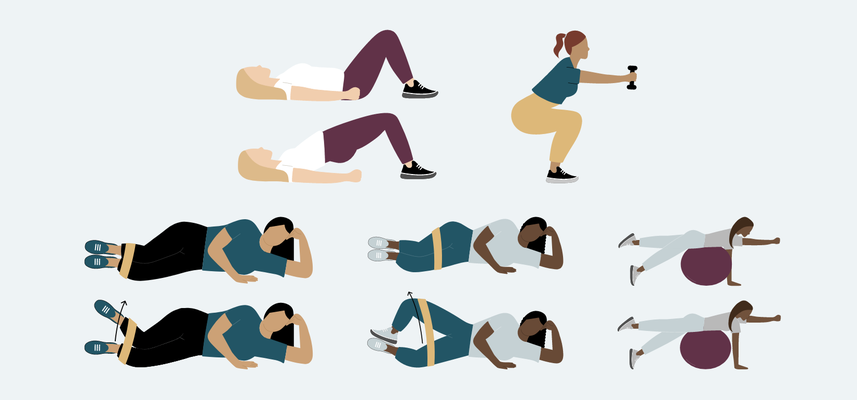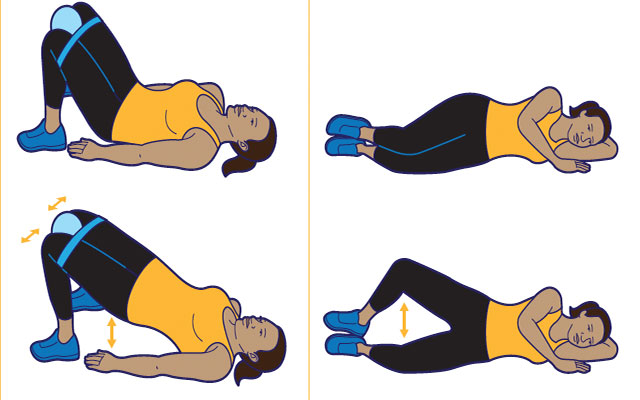Signs of a pelvic floor problem
Here are some signs that may indicate you have a pelvic floor problem:
-
Urinary Incontinence: If you experience leakage of urine when you cough, sneeze, laugh, or engage in physical activity, this could be a sign of weak pelvic floor muscles.
-
Urinary Urgency: If you have a strong and sudden urge to urinate that is difficult to control, this could be a sign of an overactive pelvic floor.
-
Painful Urination: Pain or discomfort during urination could be a sign of pelvic floor dysfunction.
-
Pelvic Pain: Pain in the pelvic area, lower back, or hips can be a sign of a pelvic floor problem.
-
Painful Intercourse: Pain or discomfort during intercourse can be a sign of pelvic floor dysfunction.
-
Constipation: Difficulty passing stools or a feeling of incomplete bowel movements can be a sign of pelvic floor dysfunction.
-
Pelvic Organ Prolapse: A feeling of pressure or heaviness in the pelvic area, or the sensation that something is falling out of the vagina or rectum, could be a sign of pelvic organ prolapse.
If you experience any of these symptoms, it's important to talk to your healthcare provider or a pelvic floor physical therapist. They can assess your pelvic floor muscles and develop a treatment plan that is tailored to your needs. Treatment may include pelvic floor exercises, lifestyle changes, or other therapies.


































